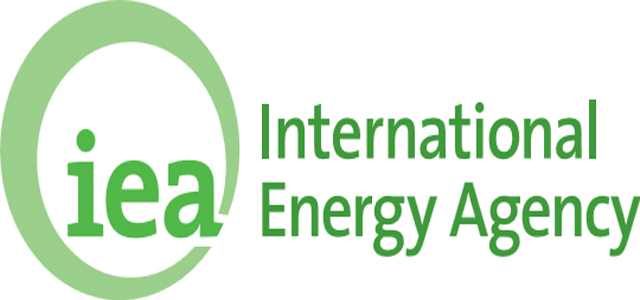The International Energy Agency (IEA) has identified the high oil prices as one of the major constraints to improved performance of the global economy and urged the Organization of Petroleum Exporting Countries (OPEC) member-countries and other oil producers to boost output.
Over the past few days, oil prices rallied to a four-year high above $85 a barrel in London earlier this month on concern that US sanctions on Iranian crude, along with chronic supply losses in Venezuela, could lead to a shortage.
In addition, traders were worried also that Saudi Arabia, the biggest member of the OPEC, did not acting quickly enough or may lack the capacity to fill any shortfall.
Again, oil prices rose further on Tuesday by storm Michael, which shut some oil fields in the Gulf of Mexico and threatened to hit the Florida panhandle as a major hurricane. West Texas Intermediate futures advanced 0.6 per cent to $74.71 a barrel on the New York Mercantile exchange.
Commenting on the implications of the rising oil prices for the global economy, IEA Executive Director, Fatih Birol, was quoted as saying in an interview that collectively “we should all see the risky situation, the oil markets are entering the red zone. Expensive energy is back at a bad time, when the global economy is losing momentum. We really need more oil.”
Birol pointed out that emerging economies, most notably India, were bearing the brunt of the increase in energy prices, which comes when they are already contending with currency depreciation and the fall-out from trade disputes, adding that with the drop in the rupee, Indian consumers are effectively paying as if oil were $100 a barrel.
The IEA director explained: “If there are no major moves from the key producers, the fourth quarter of this year is very, very challenging. Demand is still very strong and we’ve been losing oil from Venezuela in big amounts, and also Iran is going down.
“Venezuela’s oil production is in “free-fall” as an economic crisis takes its toll on infrastructure and workers, and could slump below 1 million barrels a day “very soon,” Birol added.
Worried by the rising oil prices trend, the Paris-based IEA has advised most major economies on energy policy.
Already, latest reports indicate that Iran’s exports have dropped faster than most in the industry expected, with many major buyers halting purchases even before US sanctions are enforced in November.
To fill that gap and cool the price rally, Saudi Arabia has bolstered production to near record levels, pumping 10.7 million barrels of crude a day.
While Saudi Arabia has repeatedly said it will do whatever is necessary to avert a shortage, at an OPEC meeting last month it signalled it would only open the taps once it’s clear more crude is needed. As Saudi output nears unprecedented levels, it’s uncertain how much more supply the country can deliver.
Birol said that the Saudis were able to increase further and reach 11 million a day, , adding that he is confident the kingdom will act responsibly and that the IEA is not currently considering the use of its emergency oil reserves.
The IEA boss advised: “We should try to comfort the markets all together. It may be bad news for the consumers, importers today, but I believe it may well be bad news for the producers tomorrow.”






